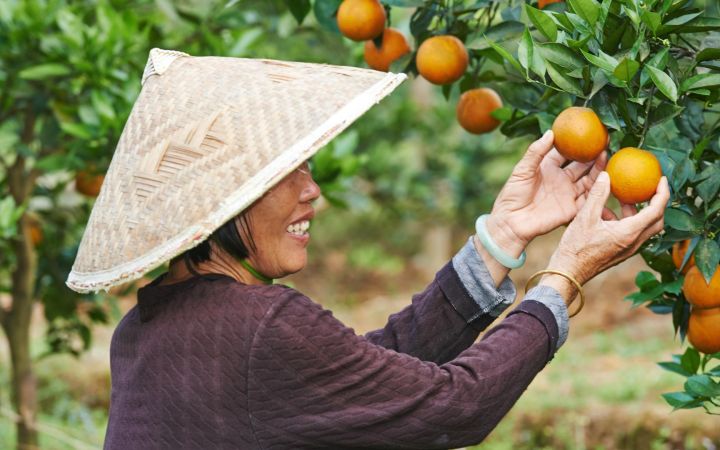A new project aiming to reset Australia’s materials economy has launched, led by researchers from Monash University and representatives from the charity sector.
Measuring the Benefits of Reuse in the Circular Economy is a three-year Australian Research Council Linkage Project aiming to advance understanding of reuse commodity chains and how they benefit and contribute to a sustainable Circular Economy.
Monash researchers from the Faculty of Arts’ School of Social Sciences and the Faculty of Art, Design and Architecture will collaborate with Charitable Recycling Australia, the Queensland Department of Environment and Science, Green Industries South Australia and Sustainability Victoria.
A circular economy is one that makes reuse and recycling a priority, rather than make, use and dispose.
Reuse of goods and materials is critical for a more sustainable circular economy where products and materials remain in circulation, reducing pressure on virgin resources and minimising waste.
This project will build an understanding of the role of charitable and community sector organisations in the reuse of products and materials and associated employment and training opportunities.
Charitable Recycling Australia estimates that 285 million products are reused each year through charitable and community enterprises, diverting more than 620,000 tonnes from landfill.
The research will draw on case studies from such organisations to identify factors that facilitate or inhibit reuse.
Rigorous methods for assessing the benefits of these organisations will also be developed to understand the materials they process, employment and skills development they offer and contributions to regional economic development.
Practical methods to measure and report on the contributions of reuse organisations to a socially inclusive circular economy will be developed too.
The project will also address the gaps in understanding what drives and upholds reuse and the socio-economic benefits it provides, alongside developing a national reporting methodology able to inform government circular economy policy, strategic investment and targets.
Australian state and federal governments have already endorsed a circular economy as a policy goal and developed targets and reporting frameworks to guide strategies and investment.
However, Monash researchers say, so far the targets are based around quantities of different types of materials sent for destructive recycling.
“Effective measures of reuse need to account for the numbers of items sent for reuse by product type, not just weight,” said project lead Associate Professor Ruth Lane.
“Australia generates more waste per capita compared with other developed countries, including double that of the UK. The COVID-19 crisis has also shown how vulnerable our society and economy is on globalised commodity chains. This project is timely in helping us reset our materials economy along more sustainable lines.
“With Australia disposing of most of its durable products and materials used by households and businesses after their first use-life, regardless of their reuse potential, we can change our ways, create new jobs and provide affordable second-hand goods for those in need.”
The National Waste Report (2018) indicates that reuse generates more jobs per tonne of goods than recycling, which in turn generates significantly more jobs than traditional landfill.
This month the research team will start with an overall appraisal and characterisation of the different types of charitable and community sector organisations involved in the repair, reuse and redistribution of used goods.
From next year researchers will work with nine organisations, representative of the different types of charitable and community reuse organisations, located in inner and outer suburbs of cities and in regional centres in Queensland, South Australia and Victoria.
An advisory committee with representation from the government partners, Charitable Recycling Australia and its member organisations, will ensure the research meets the needs of government policy developers as well as charitable and community sector organisations.








